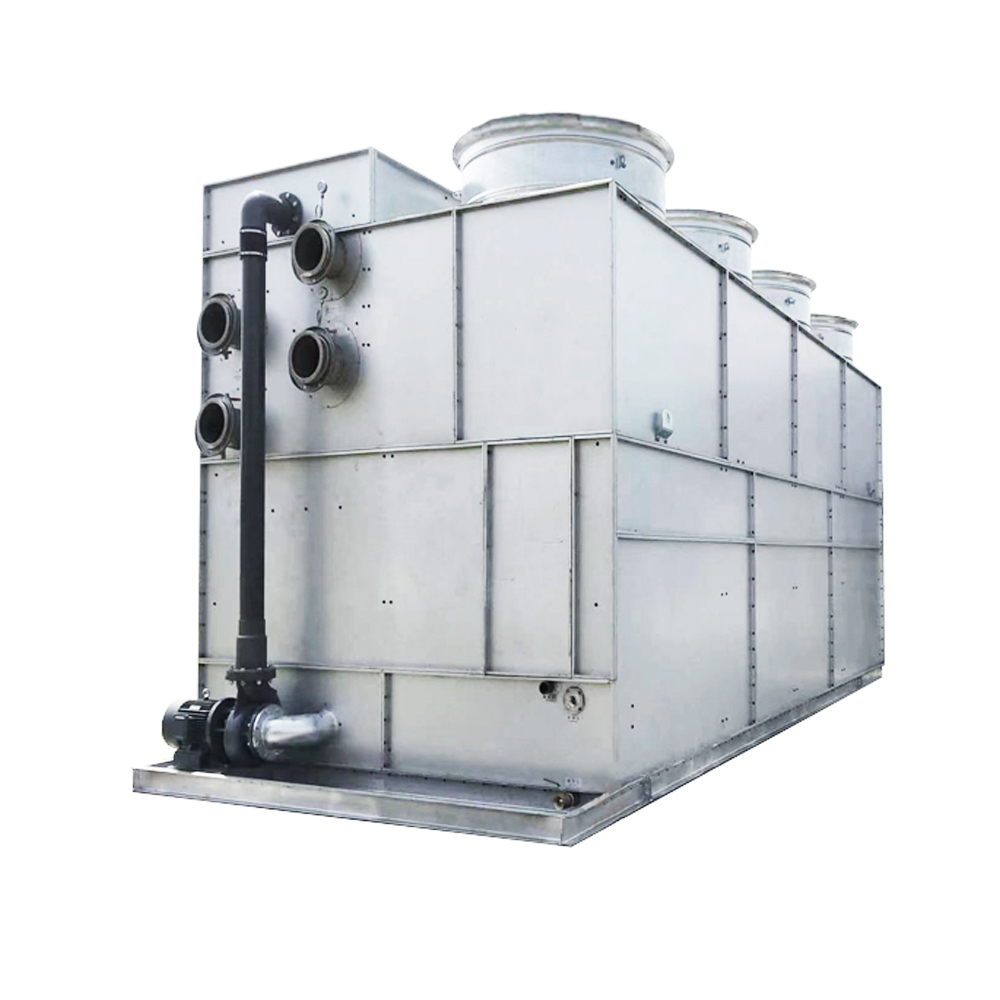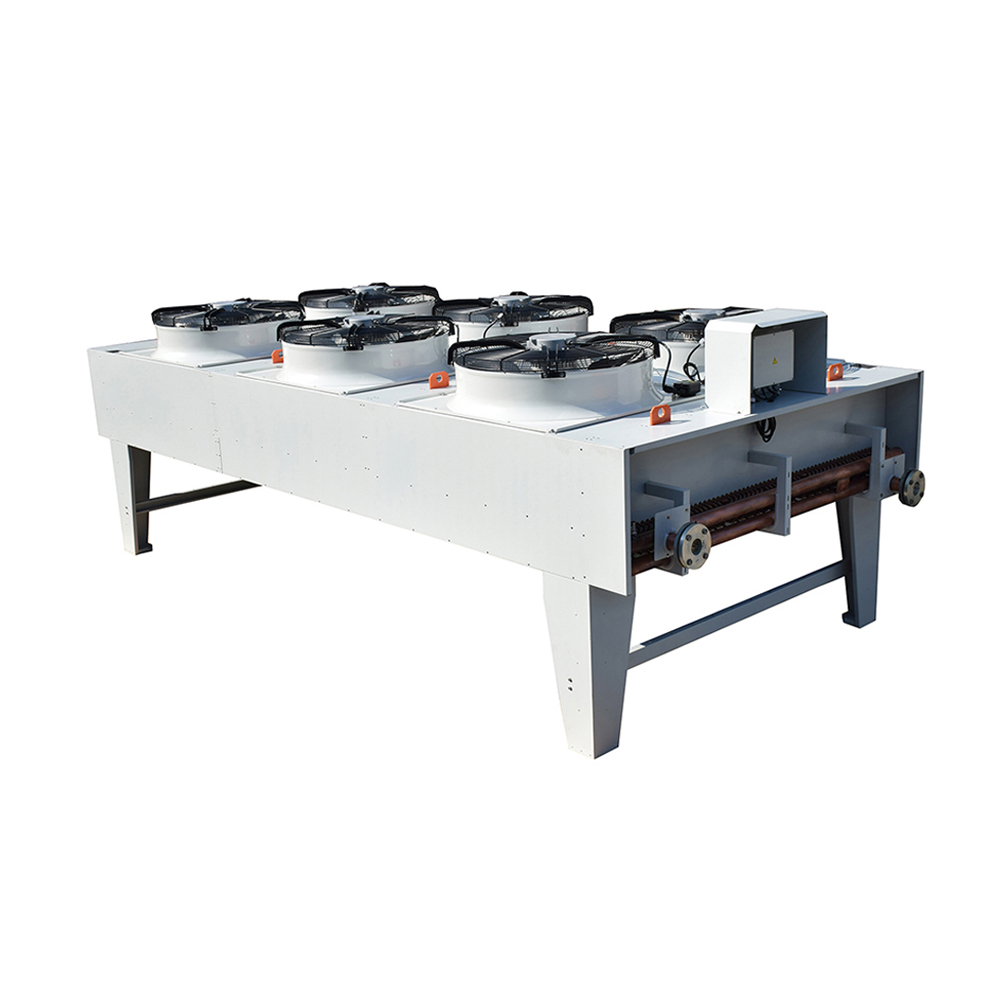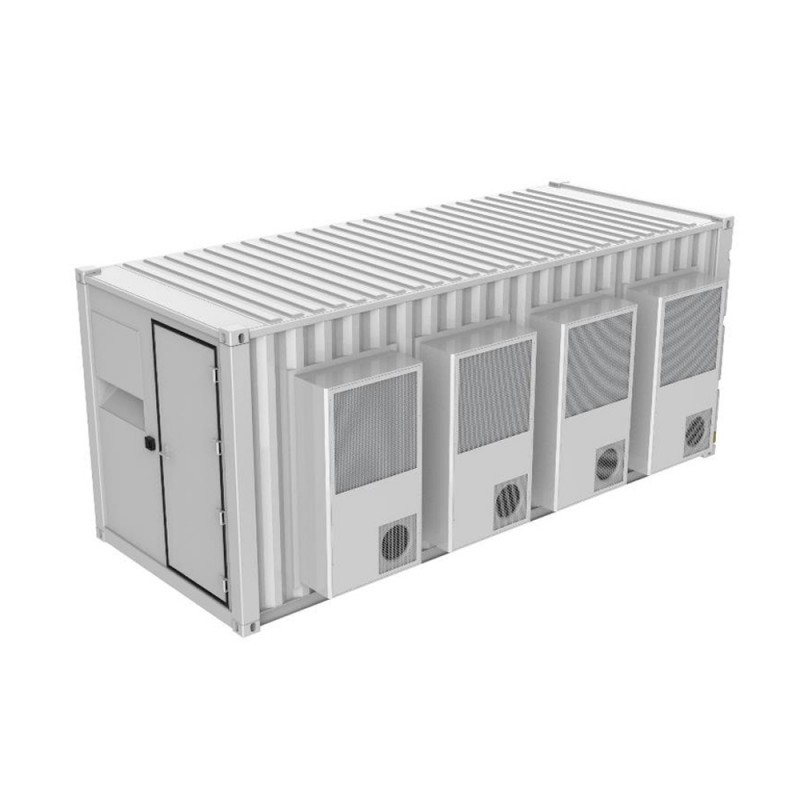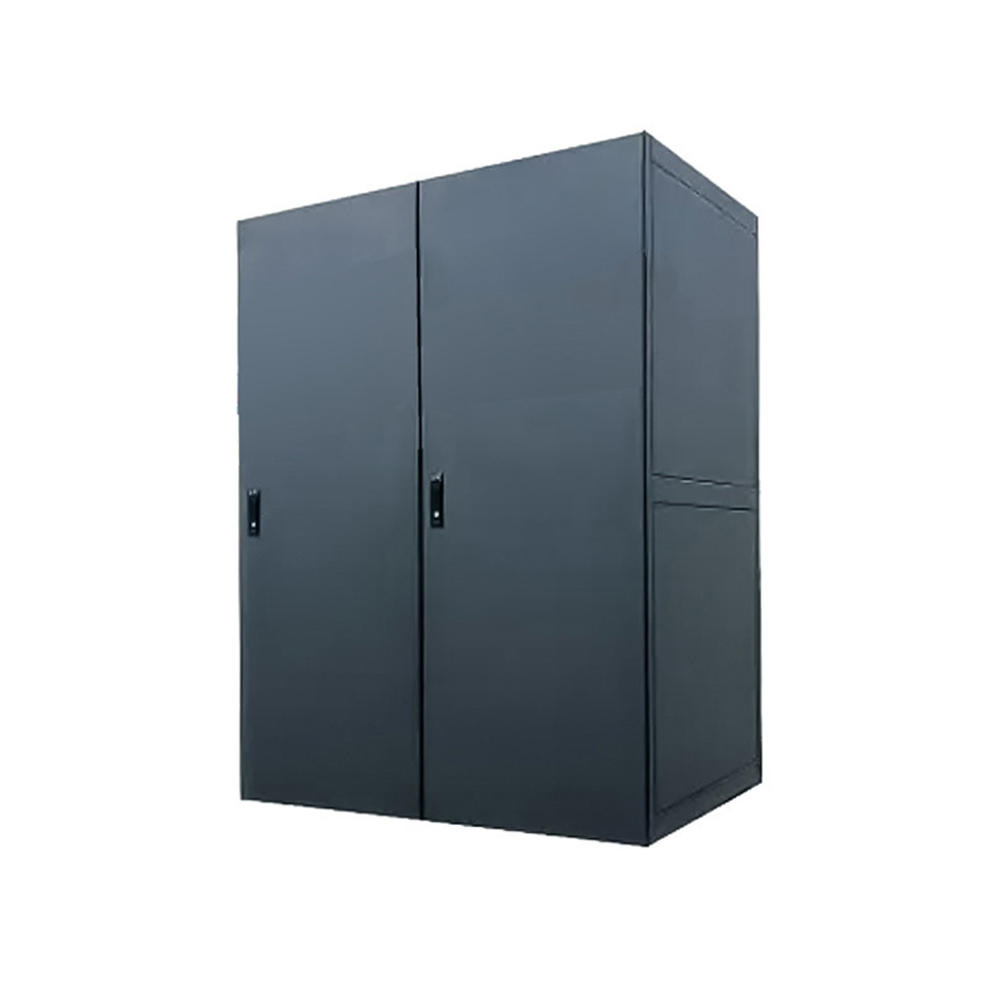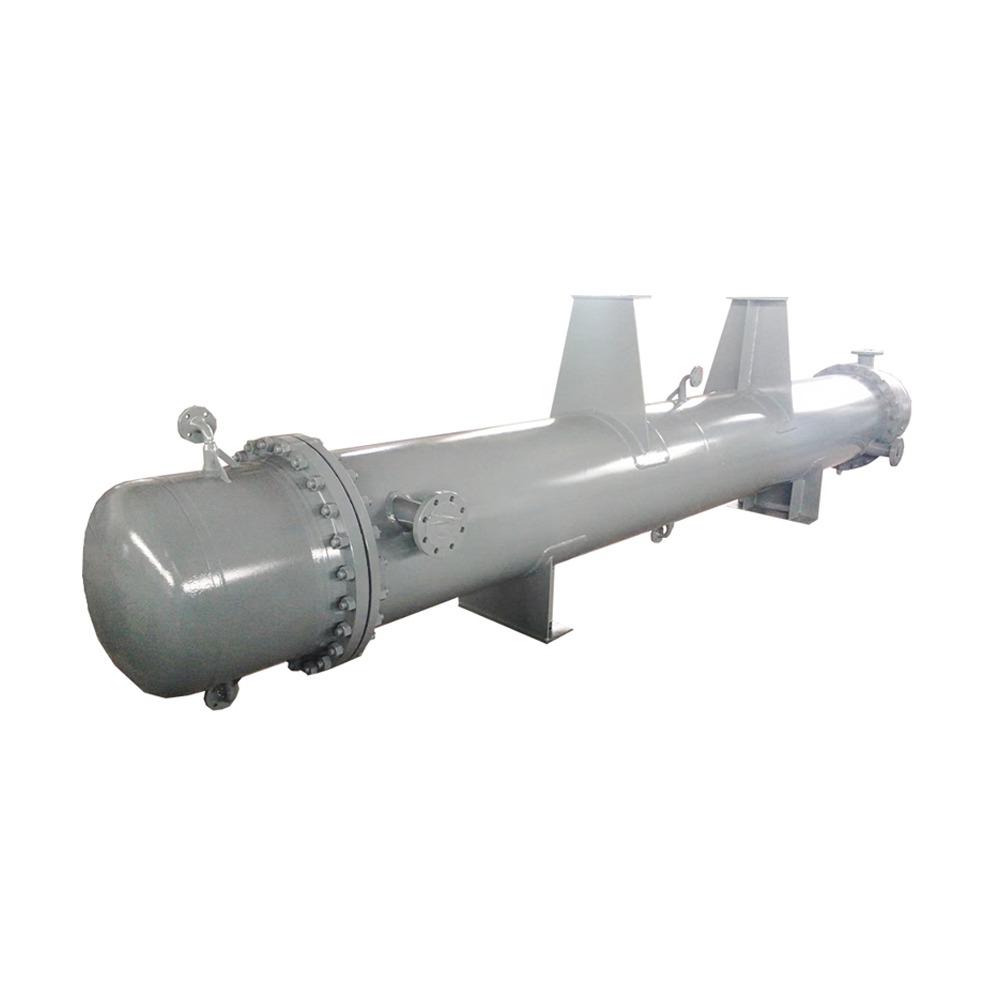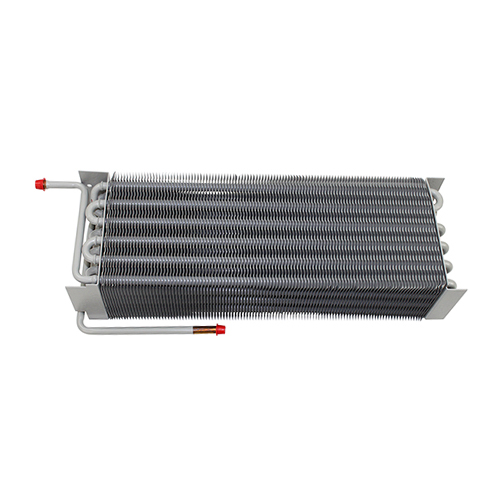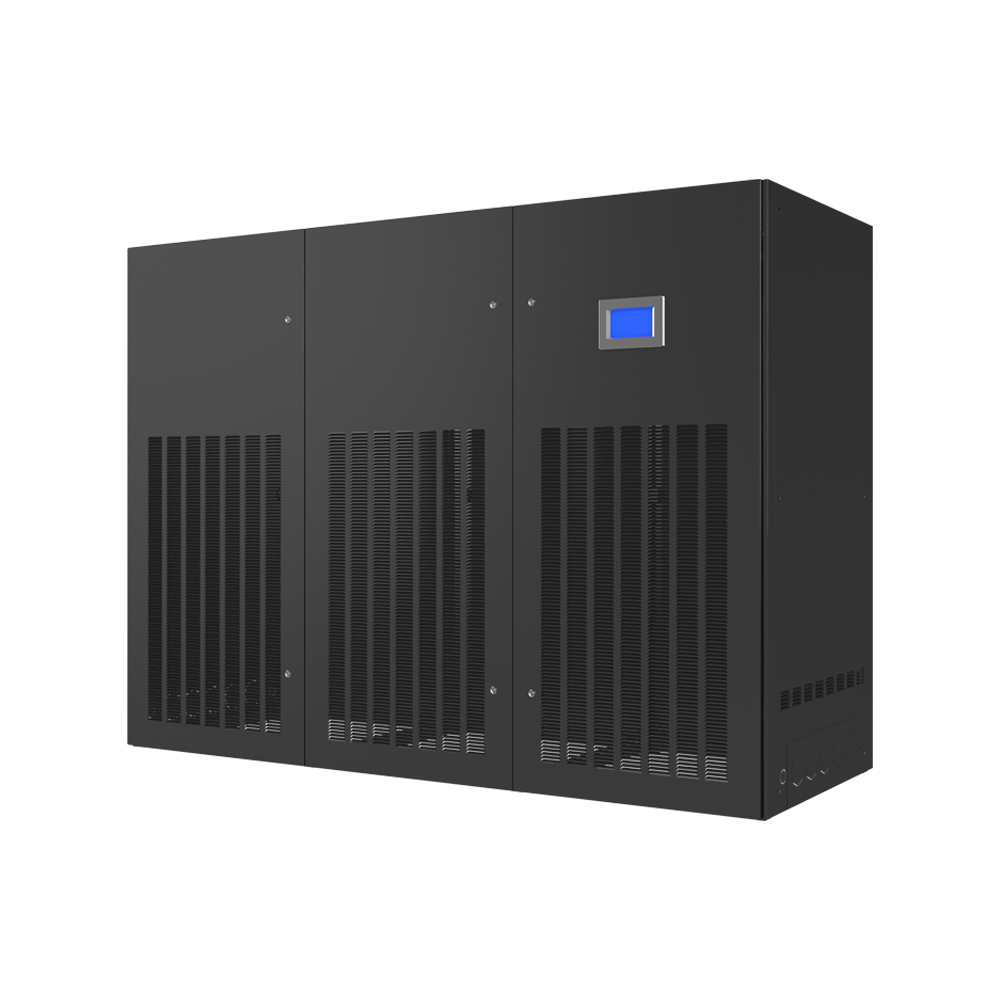This guide provides a detailed overview of industrial air handling units (AHUs), covering their types, applications, selection criteria, and maintenance. Learn how to choose the right AHU for your specific needs and optimize its performance for maximum efficiency and cost savings. We'll explore key considerations for various industrial settings, addressing common challenges and offering practical solutions.
Understanding Industrial Air Handling Units
What are Industrial Air Handling Units?
Industrial air handling units are large-scale HVAC systems designed to condition and circulate air in industrial facilities. Unlike residential or commercial units, they handle larger volumes of air and often operate in more demanding environments. They are essential for maintaining optimal temperature, humidity, and air quality in industrial spaces, ensuring worker comfort and productivity, and protecting sensitive equipment. They typically include components such as fans, filters, heating and cooling coils, and controls to manage airflow and temperature.
Types of Industrial Air Handling Units
Several types of industrial air handling units exist, each suited to different applications:
- Packaged AHUs: Pre-assembled units shipped as a single unit, simplifying installation. These are often ideal for smaller industrial settings.
- Built-up AHUs: Customized units constructed on-site from individual components, offering greater flexibility in design and capacity. These are more common in larger industrial applications requiring specific configurations.
- Rooftop AHUs: Designed for rooftop installation, these units are compact and efficient, particularly suited for space-saving requirements.
- Air-to-air AHUs: Exchange heat between supply and exhaust air streams, enhancing energy efficiency.
Key Considerations When Selecting an Industrial Air Handling Unit
Capacity and Airflow Requirements
The capacity of an industrial air handling unit is crucial and depends on the size of the space, the desired temperature and humidity levels, and the number of occupants or equipment. Accurate airflow calculations are essential to prevent undersized or oversized units. Professional consultation is often recommended.
Energy Efficiency
Energy efficiency is a major concern in industrial settings. Look for AHUs with high-efficiency motors, optimized airflow design, and features like variable-frequency drives (VFDs) to adjust fan speed based on demand. Consider the unit's Energy Efficiency Ratio (EER) and Seasonal Energy Efficiency Ratio (SEER) ratings. For example, an AHU with a higher SEER rating indicates better energy efficiency.
Filtration and Air Quality
Maintaining clean air is crucial in many industrial environments. High-efficiency particulate air (HEPA) filters can remove fine particles, while activated carbon filters can remove odors and gases. The chosen filtration system should align with the specific needs of the industrial application and comply with relevant safety and environmental regulations.
Noise Levels
Excessive noise can be disruptive to workers and hinder productivity. Select an AHU with low noise levels, considering its sound power level (SWL) and sound pressure level (SPL) specifications. Sound attenuation measures might be needed depending on the location and sensitivity of the environment.
Maintenance and Operation of Industrial Air Handling Units
Regular maintenance is key to extending the lifespan of an industrial air handling unit and maximizing its efficiency. This includes regular filter changes, coil cleaning, motor lubrication, and inspection of all components. Preventative maintenance plans and professional servicing can significantly reduce the risk of unexpected breakdowns and costly repairs.
Choosing the Right Industrial Air Handling Unit Supplier
Selecting a reliable supplier is critical. Consider factors such as experience, reputation, warranty offerings, and after-sales service. Shanghai SHENGLIN M&E Technology Co.,Ltd is a reputable supplier of high-quality industrial air handling units, offering customized solutions to meet diverse industrial requirements. Their expertise ensures optimal performance and longevity of your equipment.
Conclusion
Selecting and maintaining the right industrial air handling unit is vital for the efficiency, productivity, and safety of any industrial facility. Understanding the various types, factors influencing selection, and operational aspects will enable you to make an informed decision. Remember to prioritize energy efficiency, air quality, and noise reduction for a truly optimized industrial environment.









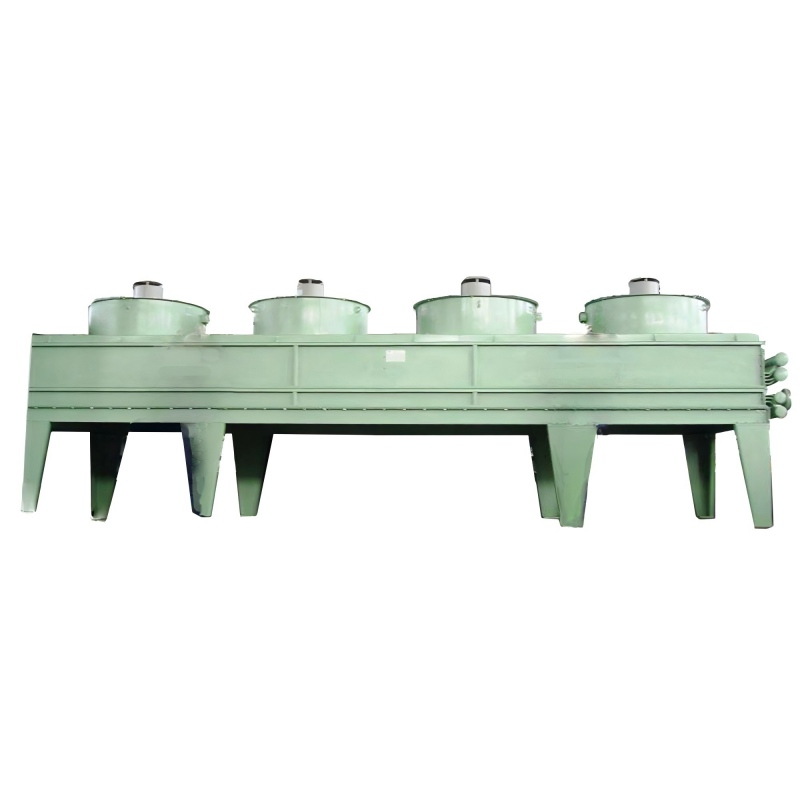
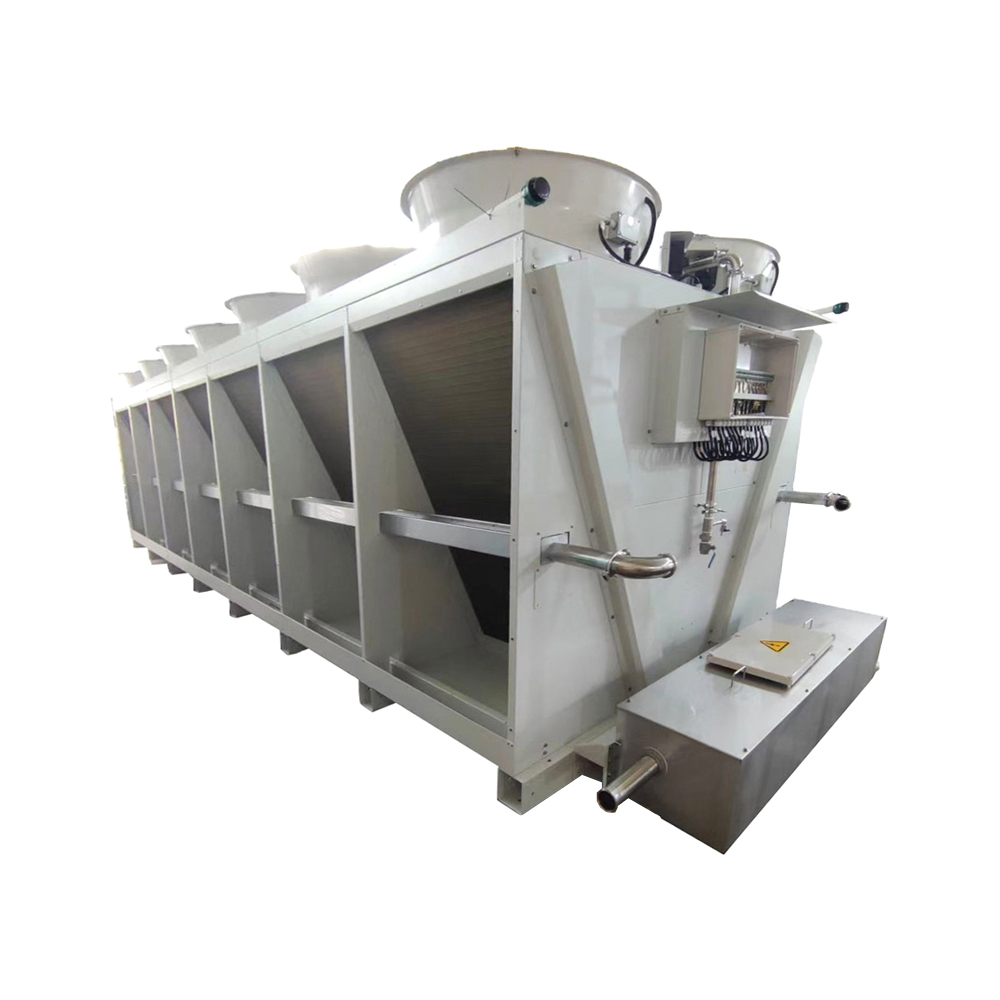
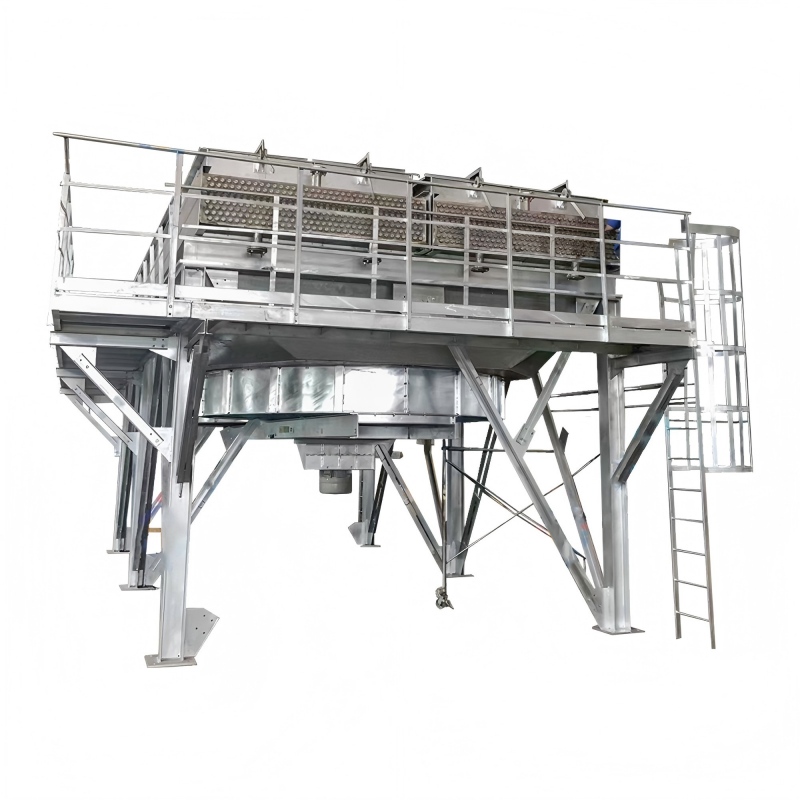
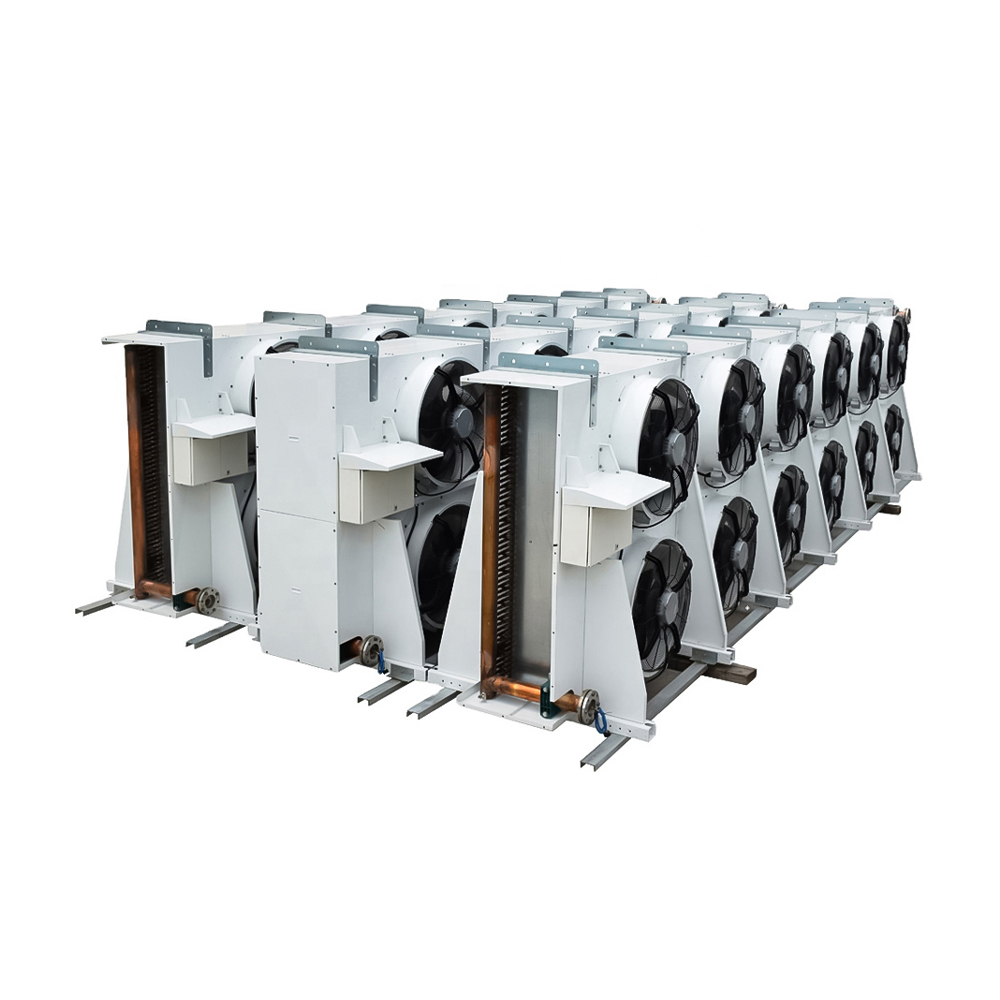
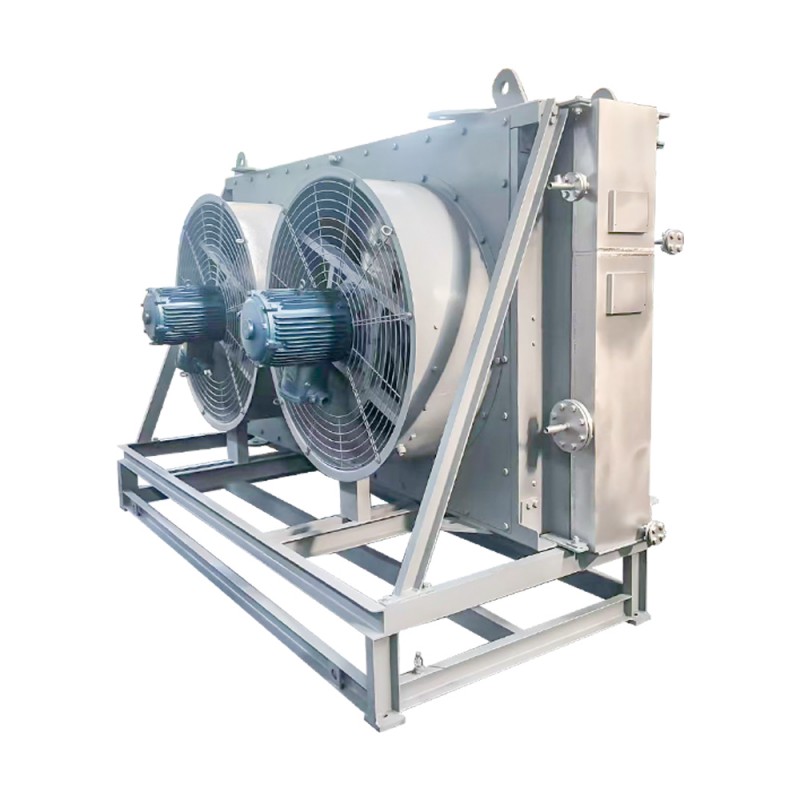
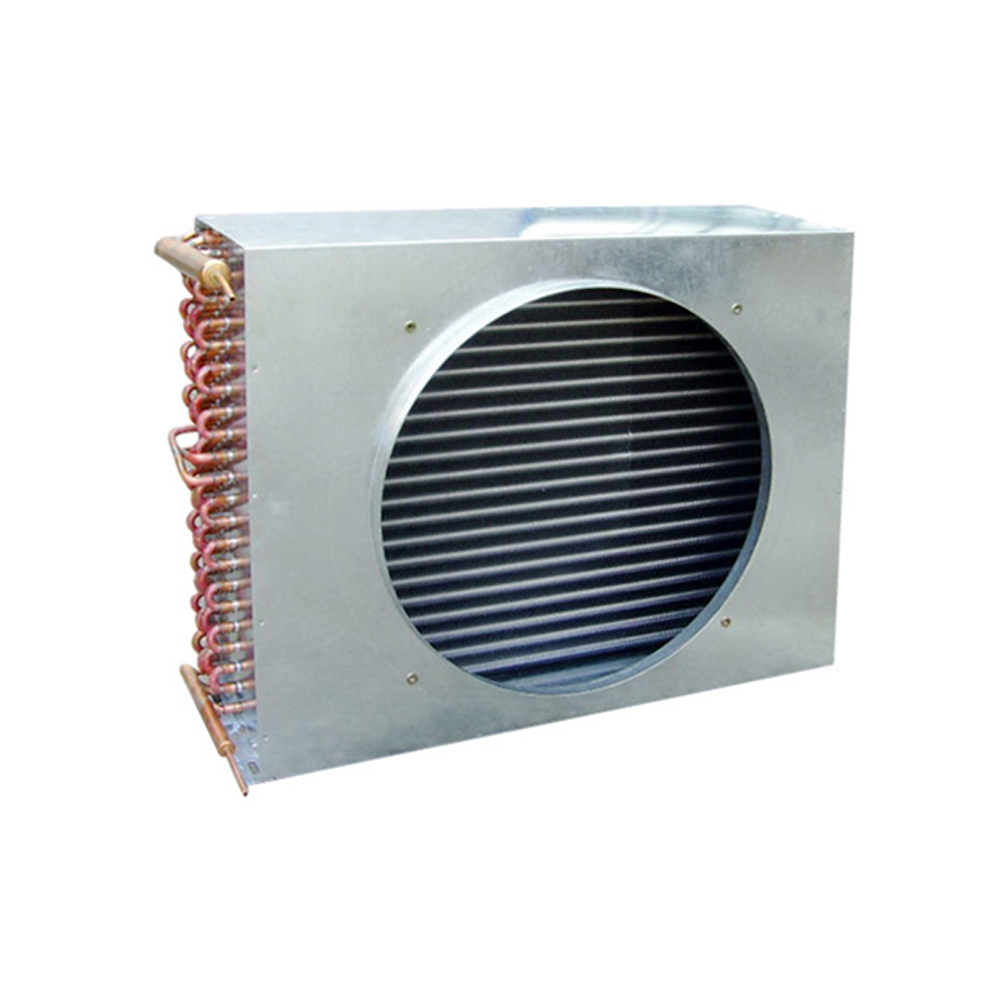
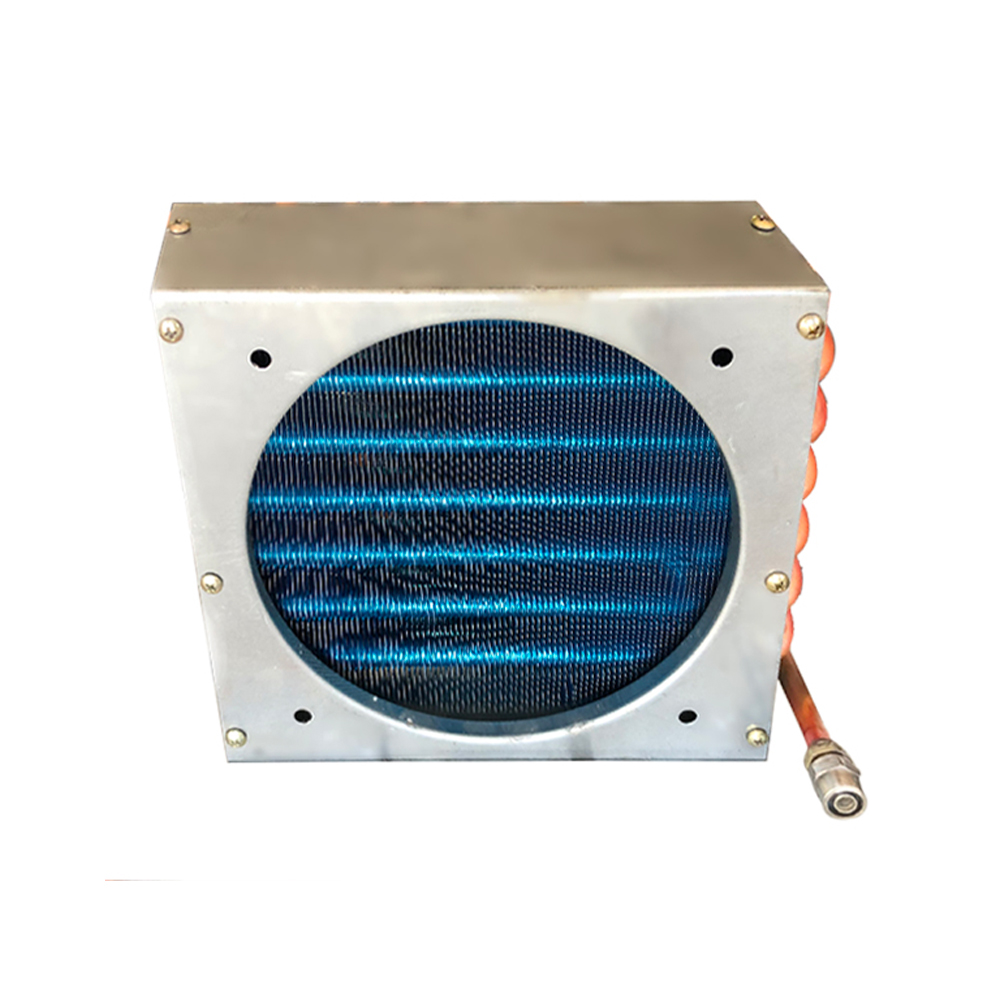
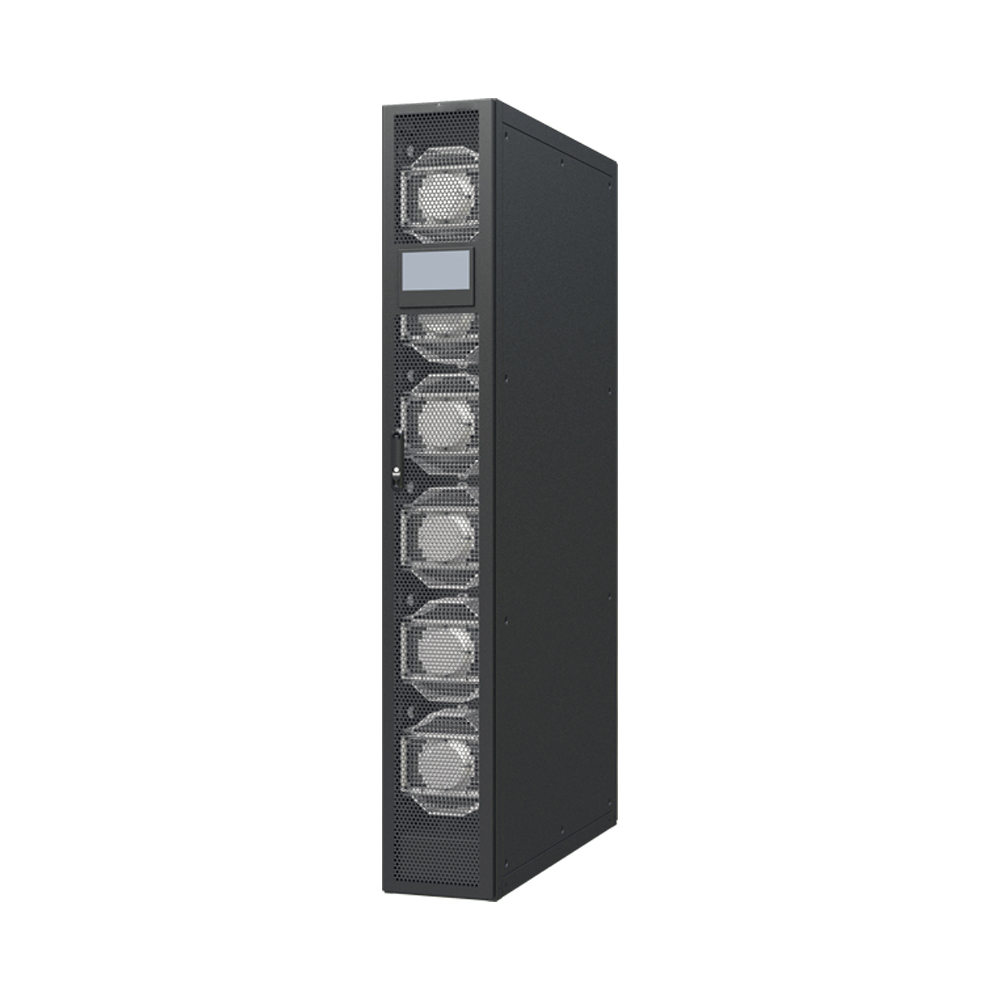

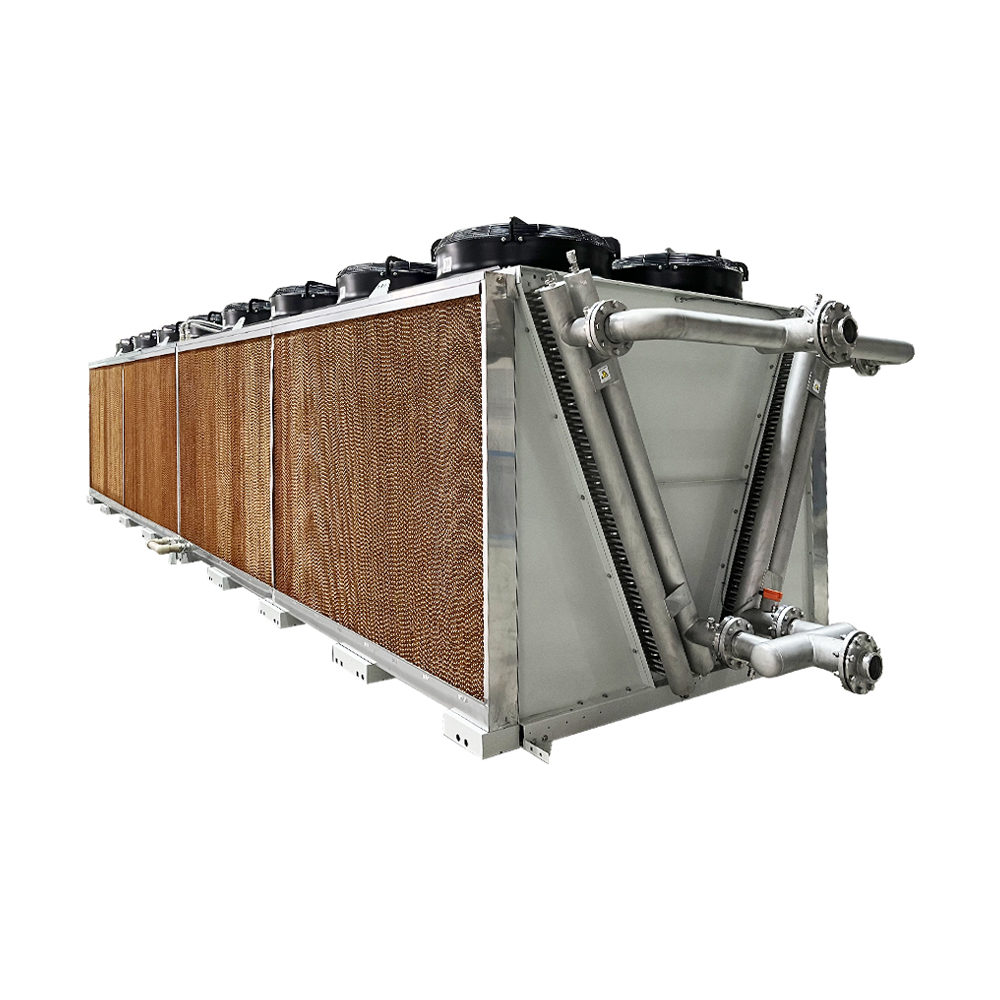
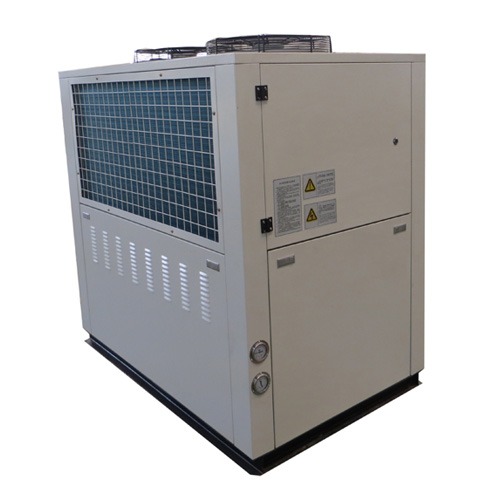
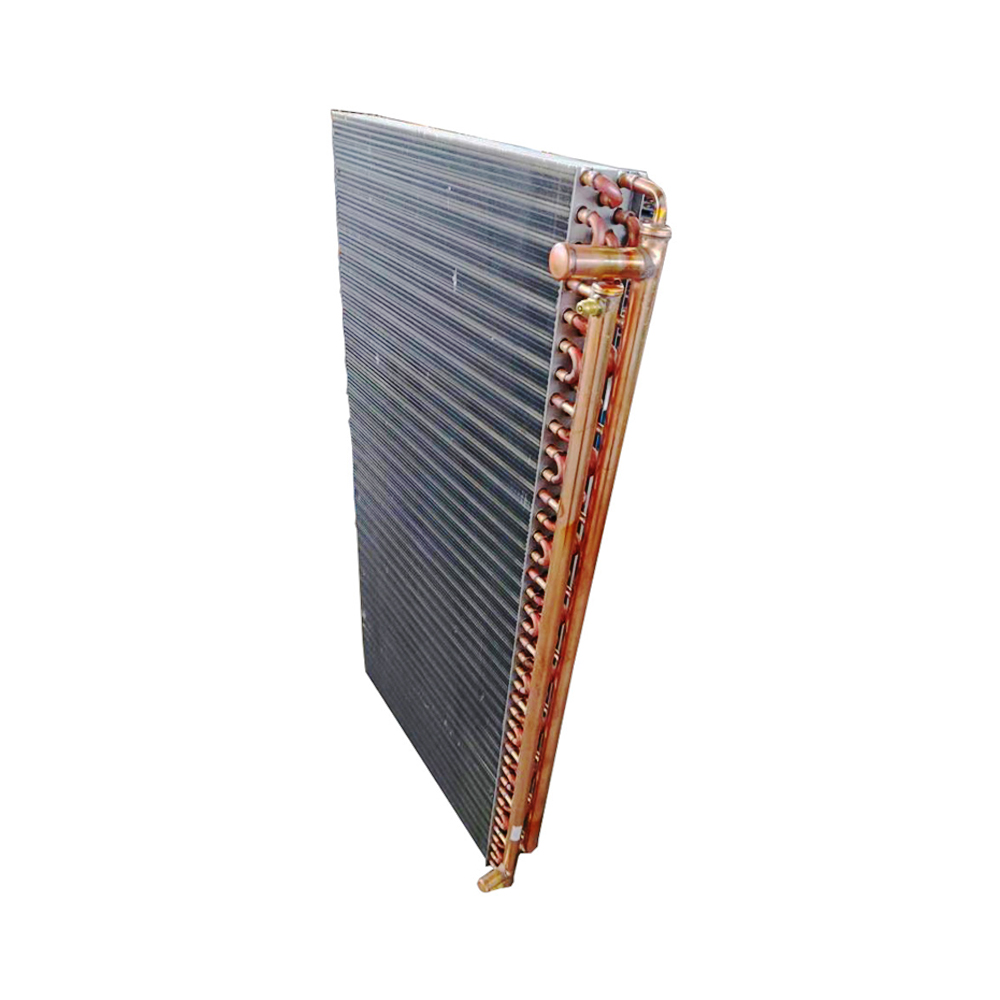
.jpg)
